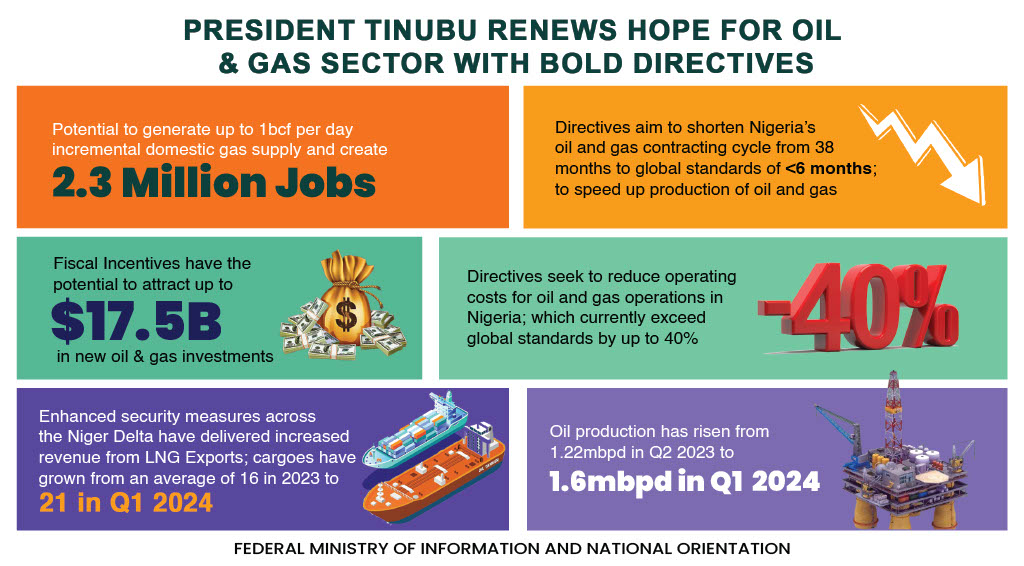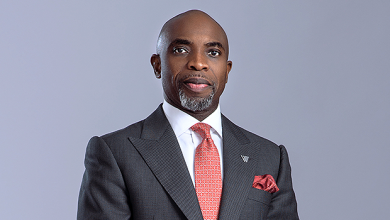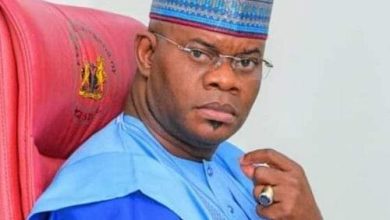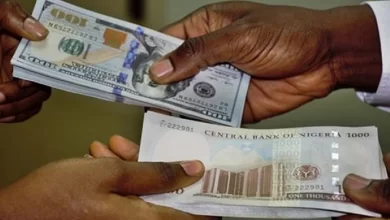
In an interview with local print media, Punch, the Commissioner Legal, Licensing, & Compliance at the Nigerian Electricity Regulatory Commission (NERC) described the bane of the power sector failure as the pricing of the product. During the interview as revealed by Punch, he was questioned on the Discos lack of financial capacity to drive investments in their segment of the value chain. In his response, he noted that Discos have struggled to raise new investments primarily because the sector remains grossly unattractive to investors (both equity and debt providers) who are aware that the electricity tariffs across the industry are not cost reflective. According to him, once the issue of pricing is fixed, the sector will receive huge investments from both equity and debt capital providers.
We agree with the commissioner that pricing is the biggest challenge facing the power sector. In 2014, the generation and distribution segments of the power sector value chain were privatised with the goal of attracting new investments and introducing private sector efficiency in running the segments. However, 6 years later, it is widely accepted that the privatisation process has not yielded desired results. The sector has been plagued by several challenges including; lack of cost reflective tariffs, poor metering coverage, energy theft, decrepit infrastructure, and regulatory stranglehold. However, of all these challenges, the lack of appropriate pricing for power remains the biggest challenge in our view.
The most potent factor driving the liquidity squeeze in the sector stems from the non-cost reflective tariffs charged by the Discos. This has remained a major clog in the wheel for the Discos, making most of them technically insolvent. The cashflow generated from end consumers (in a case where they get paid for all they distribute) significantly fall short of the breakeven point needed to keep operations running due to poor pricing. Matters worsen when we factor payment defaults, power theft and ATC&C losses. We note that the Federal government has had to intervene on different occasions to keep the industry on its feet. The problem of cost reflective tariff stems from the MYTO framework used to guide pricing. The framework’s cost assumptions are far from current realities.
That said, the NERC has been working to implement new electricity tariffs but have been challenged by government unwillingness at sometime before the 2019 elections, resistance from Discos who were unwilling to meet some terms of the new MYTO framework and resistance from consumers. Nevertheless, the new tariffs were implemented early September but suspended for three months to provide respite for consumers affected by covid-19. Although there have been complaints that the increase is still inadequate, we believe the rise in electricity tariffs would definitely put the Discos and ultimately the entire industry in a better liquidity and financial position, though may not be adequate to rejuvenate the industry and generate rapid investment in the sector.








